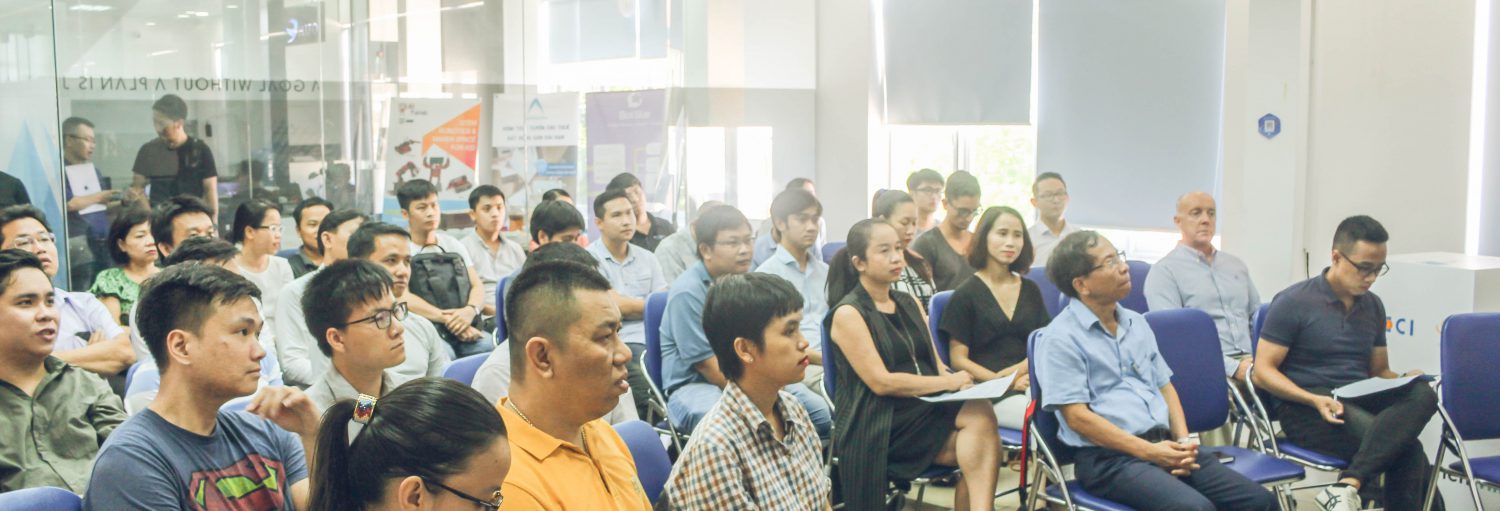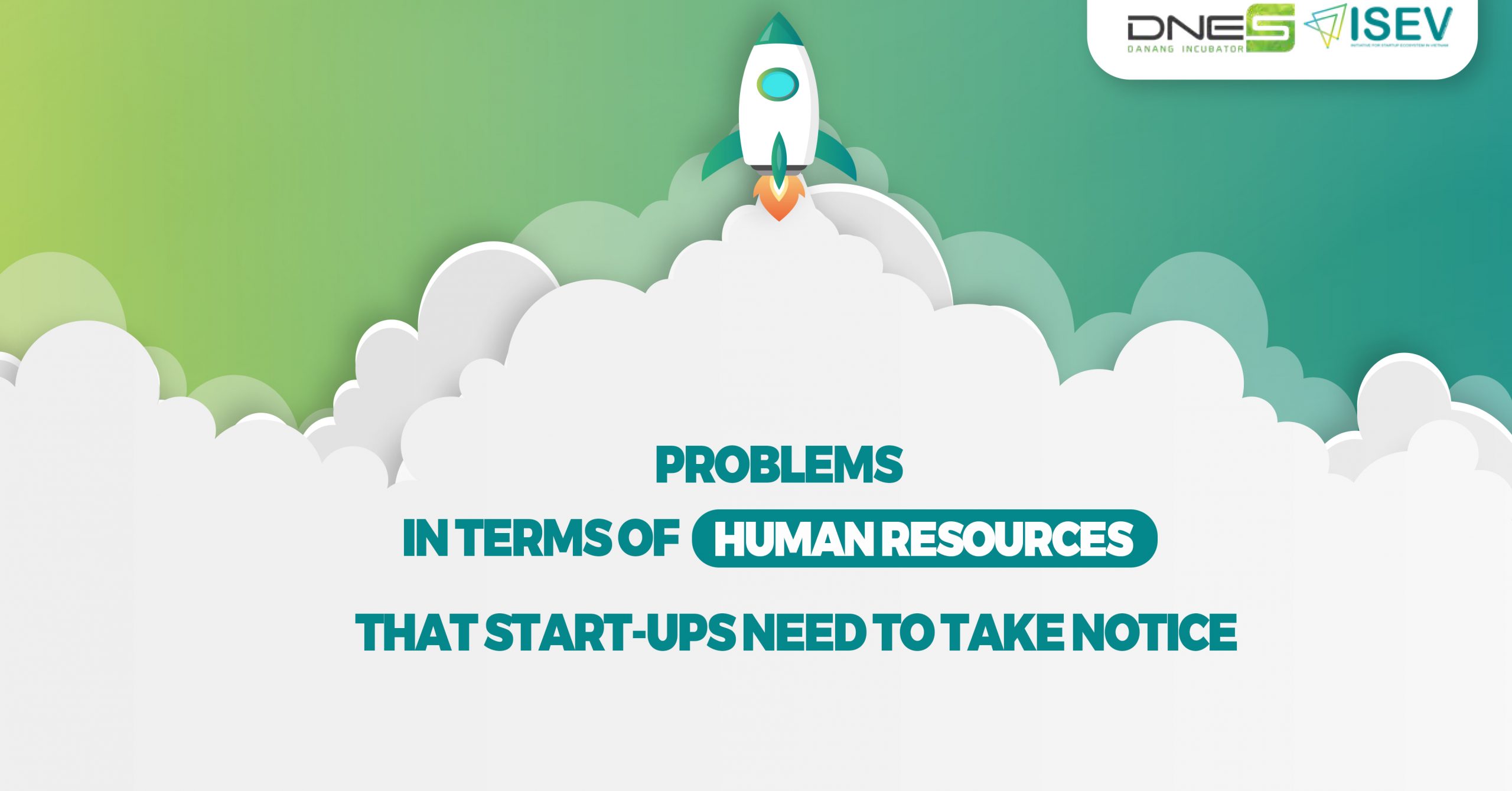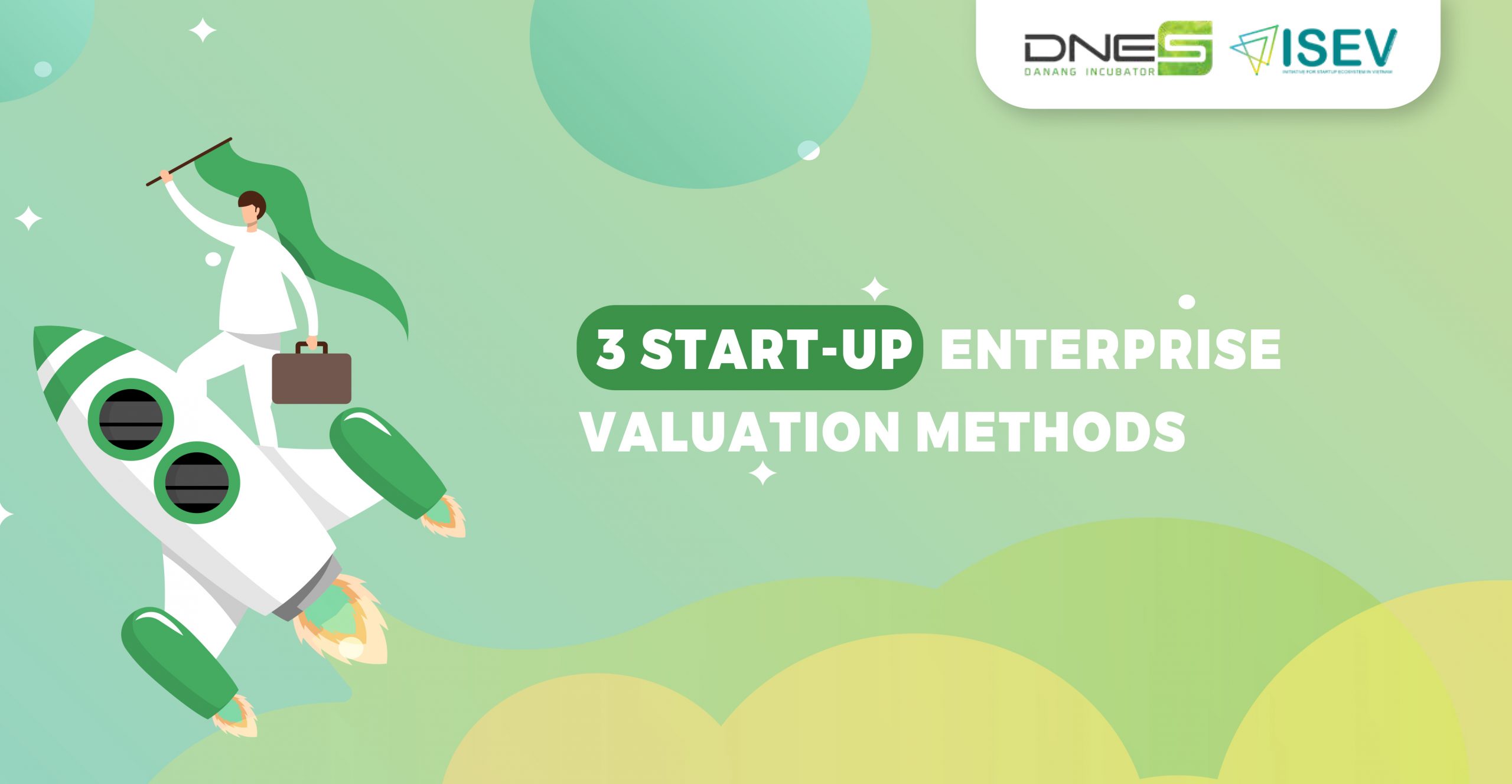Surf the wave is definitely the way to describe the start-up sector in Vietnam. Every day another journalist discovers the vibrant Vietnamese start-up sector. The headline in a recent article … “From regional laggard to leader” … accurately summarises this phenomenal change. The rapid growth in 3 – 5 years can be attributed to many factors, including a stable government, rapidly growing economy and middle class, openness to foreign investment, and a burgeoning, well- educated young population.
The majority of start-up activity is still concentrated in Ho Chi Minh and Hanoi, but not exclusively. Da Nang, Vietnam’s 3rd largest city, located on the coast midway between Hanoi and HCM, is experiencing a similar start-up sector wave.
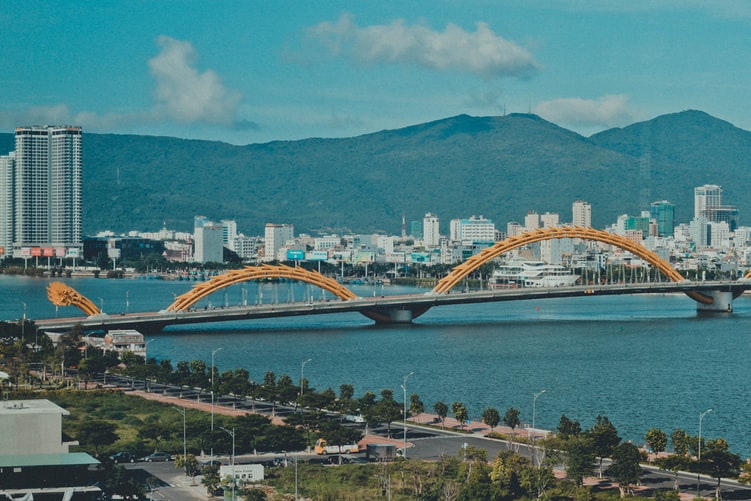
Like overseas, the eco system will mature into industry niches and Vietnam will experience successive waves of innovation and investment. Successful Vietnamese start-ups will be those that capitalize on the Vietnamese opportunities and advantages, whether selling their products in Vietnam or overseas.
The challenge to the start-up sector in Da Nang is common to all second tier cities … a smaller pool of entrepreneurs, fewer businesses and angel investors, and VCs that focus on the major cities of HCM and Hanoi. Despite these challenges, Da Nang is thriving and growing as a start-up hub. Entrepreneurs are attracted by the Da Nang lifestyle, combined with talented tech teams, and universities delivering well educated, ambitious young people. Da Nang was a tech outsourcing hub for many years before the start-up wave, primarily in software development and BPO (business process outsourcing) with the majority of clients being Japanese. Meeting the demanding quality requirements of Japan has helped Da Nang build teams with high standards and has driven the growth in local start-ups who now create their own products to sell into Vietnam and overseas markets.

1-on-1 meeting to support start-up at DNES
The outsourcing model in Da Nang has evolved from low cost services and this is creating rich opportunities for start-ups. Today many start-ups are integrated into an overseas business and take many high value / revenue roles, with business sales and marketing in the home country (eg. Australia, USA, Japan, etc) and design and development located in Da Nang. For example, Love Pop is a $30m annual revenue business that started in Da Nang just 5 years ago producing 3D gift cards for sale in the USA. Initially the high value graphic design roles were all located in the USA, and Da Nang was for low cost production. Today, the design function of Love Pop is done by a large Vietnamese team based in Da Nang.
Recommendation: For start-ups in overseas markets … consider establishing your tech team in Da Nang to build your MVP and ongoing product development, and retain your business marketing and sales in the target market.
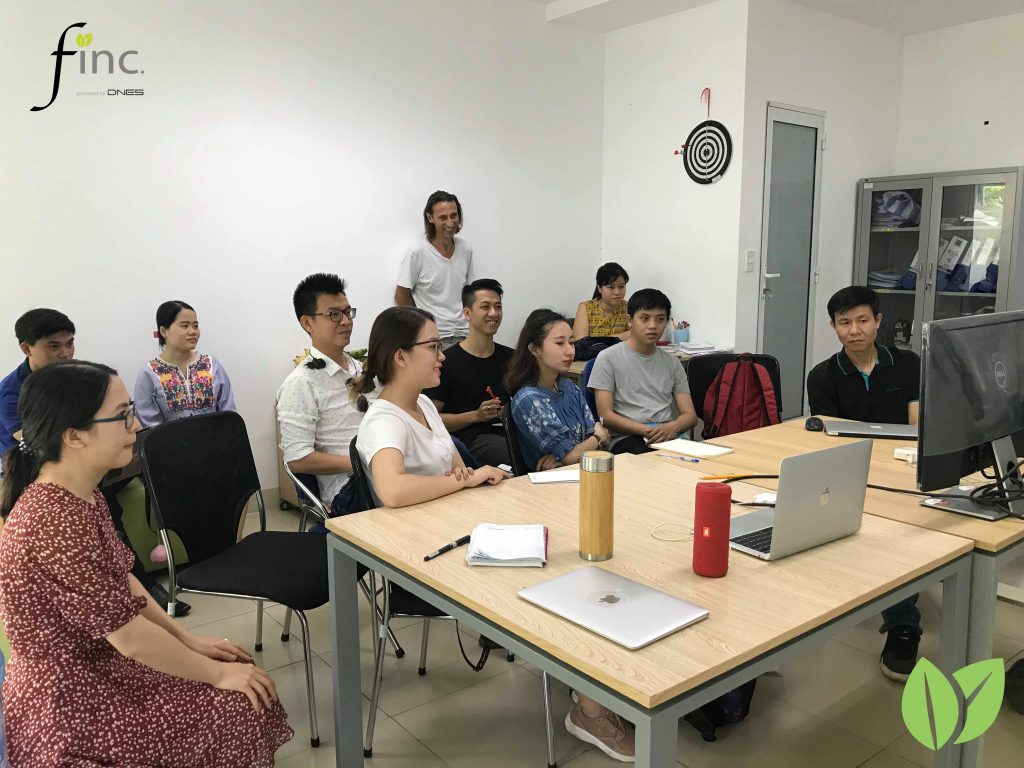
Many experienced entrepreneurs are taking ideas from overseas and replicating / adapting them to the Vietnamese market. These start-ups are either building a local solution for the Vietnamese market, or find a good product overseas and then localise it to sell into the Vietnamese market.
A good example of the former is Easysalon, a local Da Nang start-up that sells their locally built ERP software solution into the beauty / hair salon sector. They saw that in the developed markets overseas, such as Australia, ERP systems have been adopted by many thousands of small businesses over the last 20 years. In Vietnam this is still a largely untapped market. Tens of thousands of small and medium size companies in Vietnam are still using a mix of paper systems and spreadsheets. Easysalon has jumped on this opportunity and sells their SaaS ERP solution to the market of 100,000 hair / beauty salons, where 80% are not yet even using a POS terminal. Easysalon aims to signup 2,000 salons in 12 months, and 20,000 in the next three years. Easysalon might not be a unicorn start-up, but it has the potential to be very successful in Vietnam and surrounding countries.
Similarly, AIFuel creates and sells high value “labelled data” to international clients for AI model training. This is already a crowded and competitive market overseas. But global demand for “labelled data” is growing. And AIfuel has identified how it can compete internationally on price, quality and speed by using their app to crowdsource tens of thousands of Vietnamese to perform small data labelling tasks, and by partnering with a 10 year established Da Nang based BPO company to provide data quality and confidentiality.
Recommendation: Learn & replicate from mature overseas markets and adapt to the local Vietnamese market. A successful start-up does not need to be a new idea. There are many opportunities in Vietnam for solutions that have been available overseas for many years (eg. CRM, ERP, BI). Consider whether to build product in Vietnam, or to partner with overseas supplier and localise for Vienamese market.
Conversely, to assist Vietnamese start-ups to grow internationally, DNES recently commenced a collaboration with iAccelerate, a leading Australian incubator and accelerator in New South Wales, Australia. The purpose of the collaboration is to provide soft landing assistance for start-ups to expand into each other’s markets. DNES and iAccelerate will provide reciprocal access to in-country working spaces, regulatory guidance, general market knowledge, and introductions to prospective partners, customer and investors. DNES is in the process of extending this model by collaborating with multiple international incubators and accelerators.
In Australia, many start-ups are created to commercialise a specific area of academic research produced by an Australian university. Start-ups in Da Nang can follow the same model and commercialise research produced by local Da Nang universities. However, universities in Da Nang (and Vietnam in general) are less mature than in Australia so there is less research to commercialise. So an alternative option for local Vietnamese start-ups is to collaborate with Australian research centres and commercialise the Australian research into the Vietnamese market. This research collaboration was confirmed in the recent visit to Vietnam by the Australian Prime Minister, where the two nations agreed to build “knowledge and innovation partnerships”. An example of this is the Aus4Innovation programme from CSIRO (Commonwealth Scientific and Industrial Research Organisation), Australia’s national science research agency.
Aus4Innovation is an AUD $10 million programme that aims to strengthen Vietnam’s innovation system, prepare for and embrace opportunities associated with Industry 4.0, and help shape Vietnam’s innovation agenda in science and technology. Australia and Vietnam will explore emerging areas of technology and digital transformation, trial new models for partnerships between public and private sector institutions, and strengthen Vietnamese capability in digital foresighting, scenario planning, commercialisation and innovation policy. Vietnamese start-ups can participate in these programmes by partnering with Australian teams to apply Australian innovation into a Vietnamese setting.
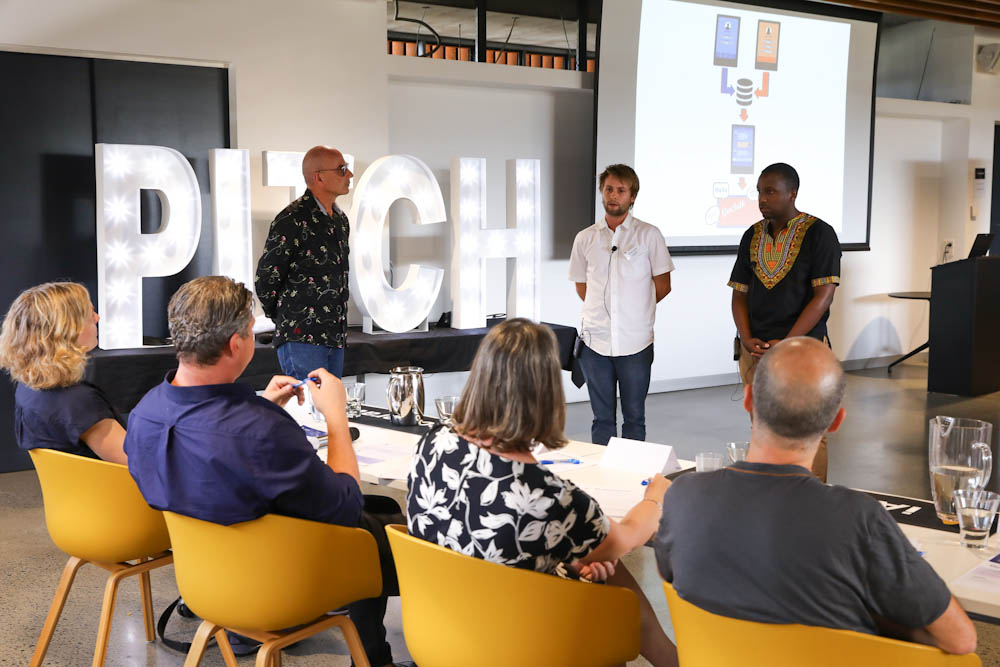
iAccelerate – a unique business accelerator and incubator program in Australia
Recommendation: If planning international expansion, consider using partnerships with overseas incubators, such as iAccelerate in Australia.
Alan El-Kadhi has been the EiR (Entrepreneur in Residence) at DNES, Danang Business Incubator, since March 2019 via the Australia Volunteer Programme, supported by the Australia Government. Prior to this volunteer assignment, Alan has a career in
business development for tech start-ups and global software companies in UK, USA and Australia, and in the Australian university tech transfer and venture capital sector.
